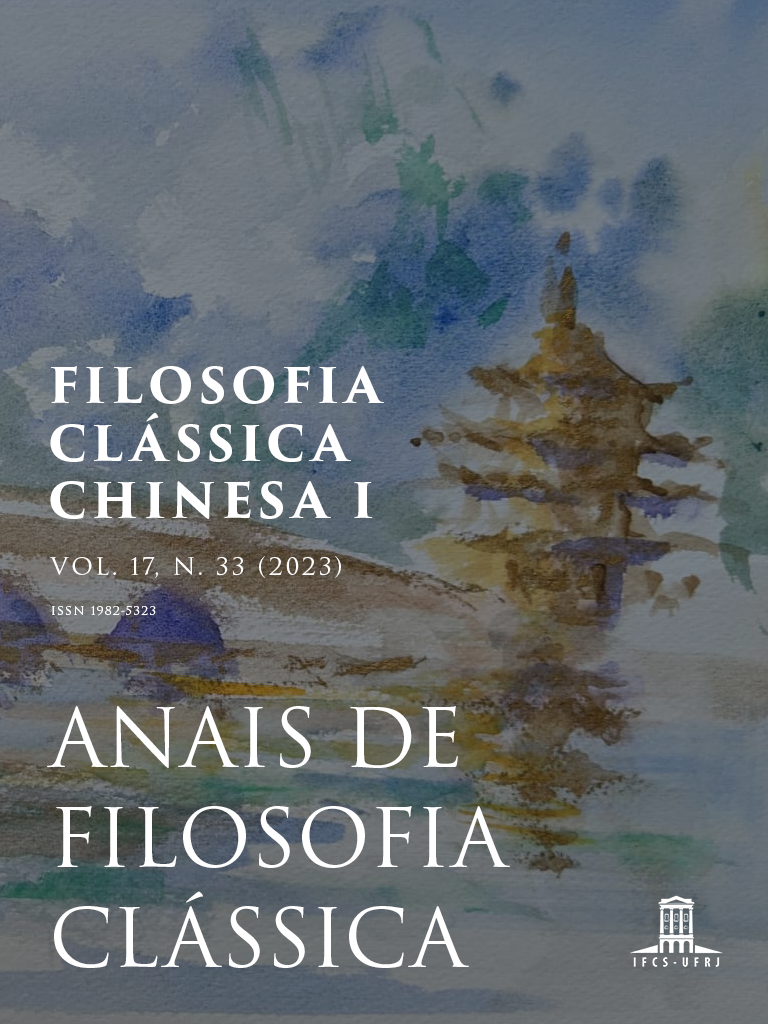Drunk skills
On contingent excellence in the Zhuangzi
DOI:
https://doi.org/10.47661/afcl.v17i33.65511Keywords:
Zhuangzi, Daoism, knack stories, humor, genuine pretendingAbstract
This paper takes a philosophical look at the “knack stories” in the Zhuangzi by approaching them on the basis of some lesser known and rarely discussed examples, such as that of the drunkard who is able to fall off carts unharmed. It will be argued that the knack stories, including the most famous ones, tend to contain humorous, satirical, or grotesque elements serving to distance readers from their protagonists and to undermine their function as straightforward role models or exemplars to be emulated. Often, the displayed “knacks” are rather mundane and common and not at all socially venerated “arts.” In this way, skilfulness and excellence is not so much portrayed as an effect of intentional dedication but rather as the result of the capability of adapting to contingent circumstances. Consequently, skills are not acquired on the basis of personal commitment to a certain task or goal, but through disowning one’s activities or dissociating oneself from any identification with one’s profession. Thereby, the philosophy of skill in the Zhuangzi turns out to be an important aspect of a more general philosophy of “genuine pretending.”
Downloads
Published
Issue
Section
License
Copyright (c) 2024 Anais de Filosofia Clássica

This work is licensed under a Creative Commons Attribution-NonCommercial-ShareAlike 4.0 International License.


